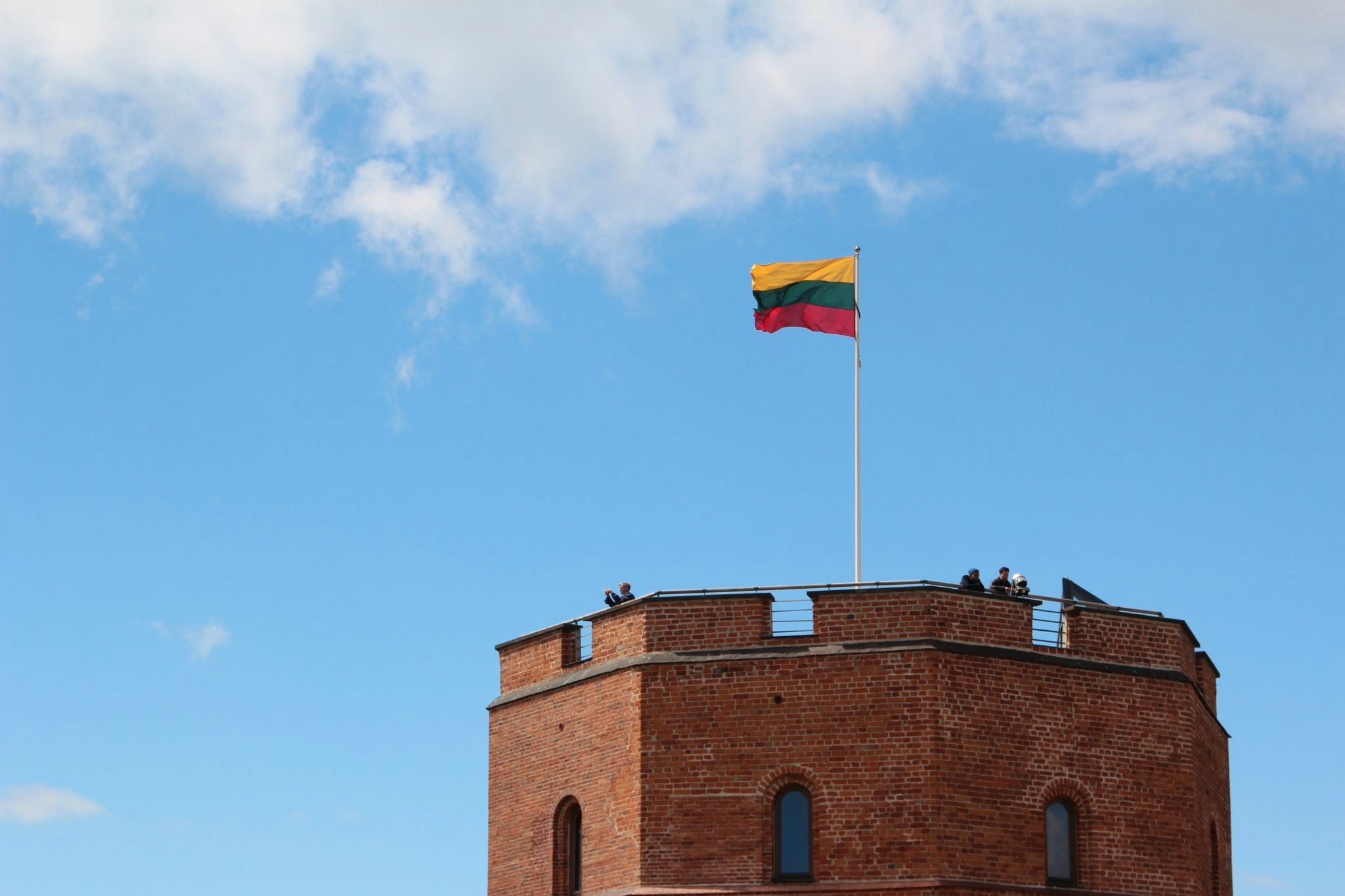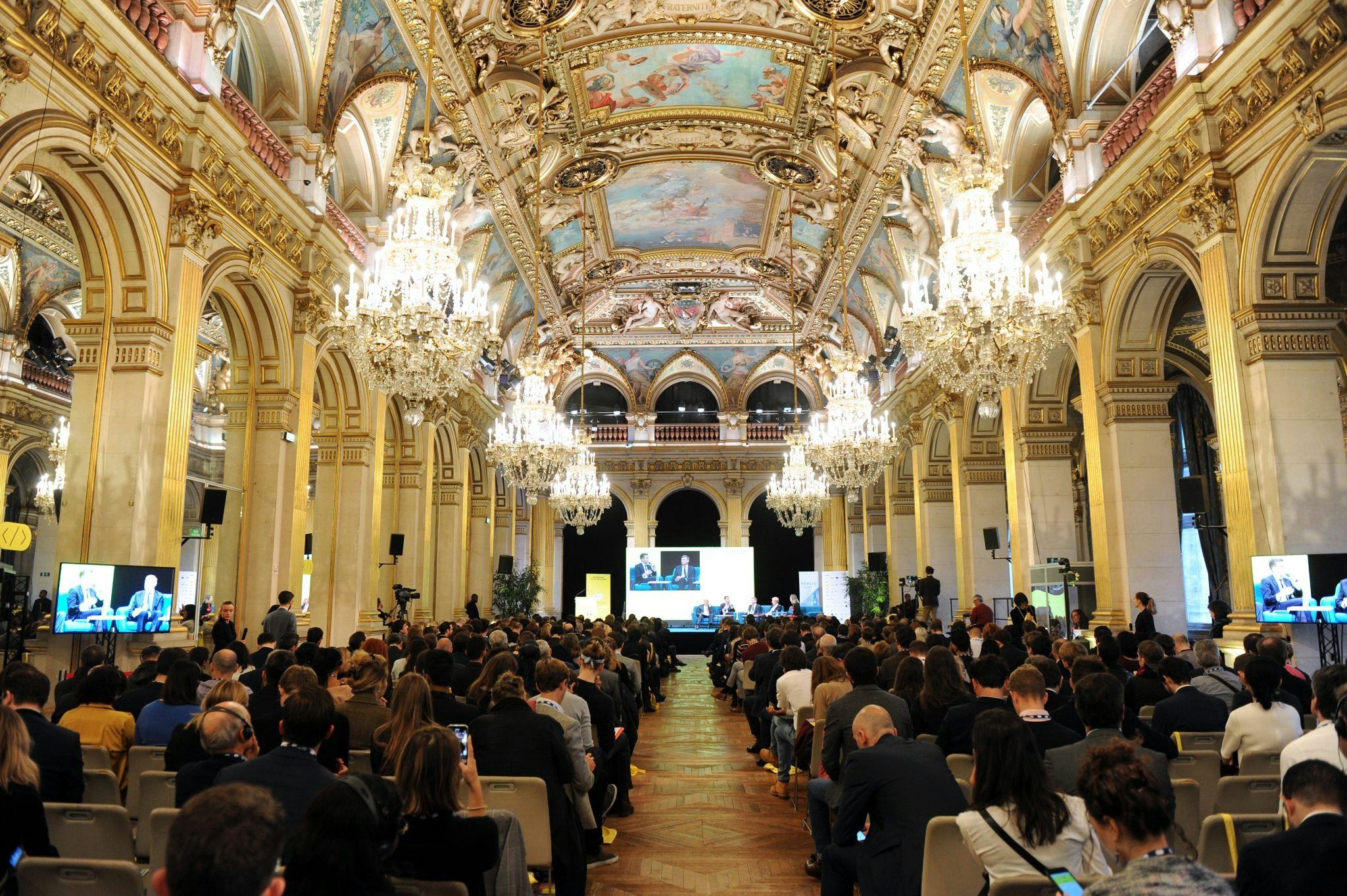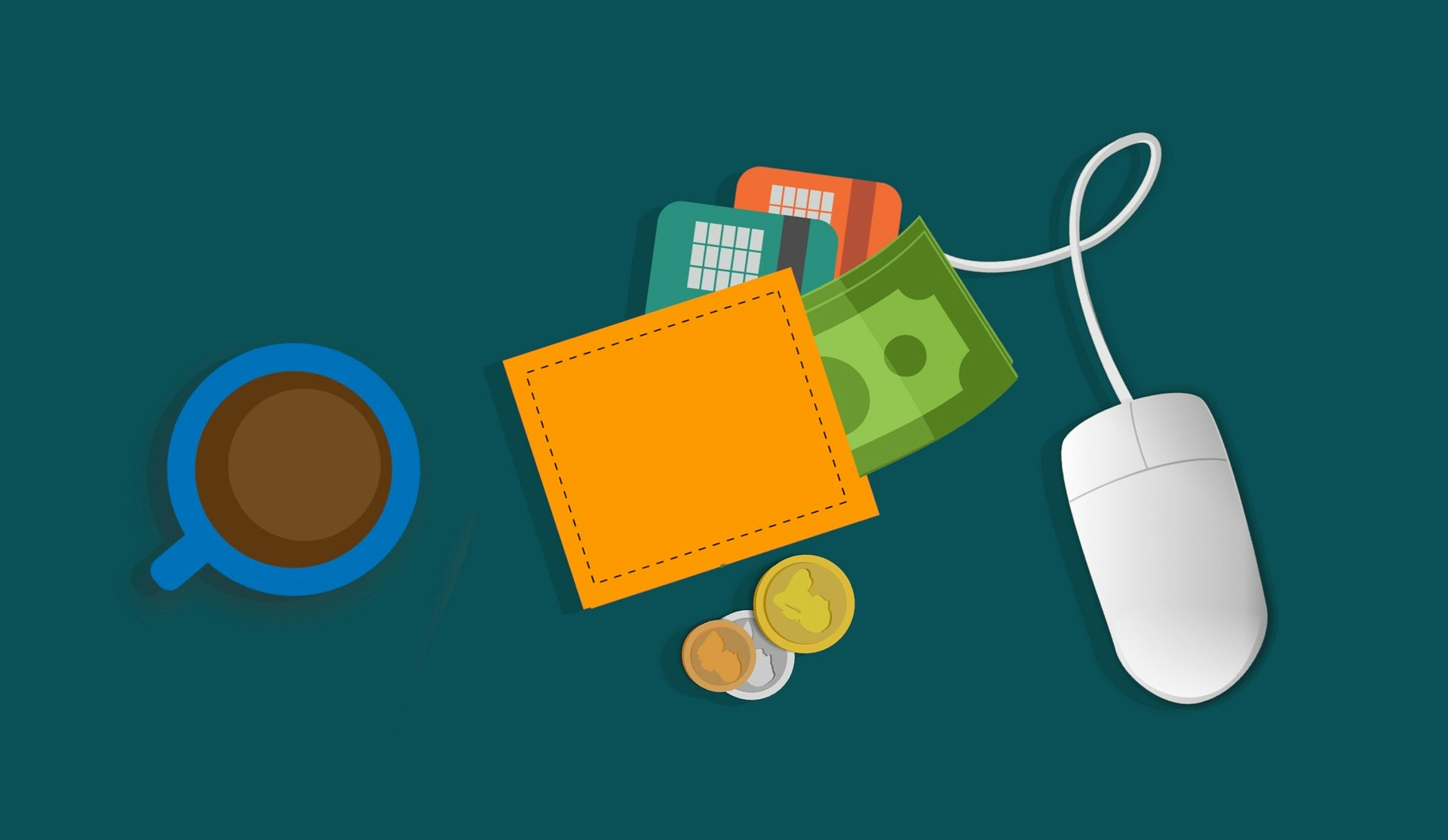In the post-Brexit scramble of companies looking for an EU HQ, Lithuania has rocketed to the top of Europe’s fintech scene — and is touted by many as the EU’s fastest-growing fintech hub.
But how did this Baltic nation manage to attract the likes of Curve and SumUp? And what lessons should the rest of Europe’s fintech ecosystems learn from Lithuania?
During the latest Sifted Talks, we discussed all this and more with our panel of experts including; Marius Jurgilas, board member of the Bank of Lithuania; Nathalie Oestmann, COO of fintech scaleup Curve; and Dimitri Gugunava, VP of banking at London-based payment company, SumUp.

1. Lithuania seized an opportunity after Brexit
In 2014, there were 55 fintech companies in Lithuania, but by the end of 2020, there were 230 registered and licensed fintechs. This means the fintech sector grew by nearly 320% in just six years.
Where did this boom in fintech come from? Oestmann and Gugunava both cite Brexit as the catalyst, as it created an opportunity which Lithuania seized. But Gugunava warns this “right place, right time” scenario means its fast success could be difficult for other countries to repeat.
“Lithuania ended up in the right place at the right time. It will be hard for others to follow. Lithuania is ahead now in building a self-reinforcing ecosystem of attracting more fintech — which attracts more talent, which attracts more fintech investors. It will be hard, just by copying the model, to achieve the same results.” — Dimitri Gugunava, SumUp
2. Lithuania’s central bank made it easy for fintechs to move in
While luck had a hand, Lithuania was able to capitalise on the post-Brexit opportunity by setting up an infrastructure that made it more attractive to fintechs.
Jurgilas told the panel the Bank of Lithuania looked for areas that might be the biggest deterrent for fintechs setting up in the country, and then quickly created an infrastructure to fix the problem. They identified that it was hard for non-banks to gain access to the financial system without a partner, resulting in them setting up CENTROlink — Lithuania’s payment system which allows for customers of financial institutions to set up payments across SEPA (the EU’s payment-integration initiative).
“We identified very early on the inability for non-banks to plug into the financial system without actually finding a partner. We created CENTROlink, a payment system, which un-blocked this. We put ourselves in a grey zone — such a solution wasn’t embraced by other central national banks. I would say that was a defining moment for us.” — Marius Jurgilas, Bank of Lithuania
3. Lithuania supports founders with admin
Differing regulations and lots of paperwork mean founders looking to scale into new markets have a daunting task ahead. The European Commission’s report on startups and scaleups in Europe noted difficulties navigating regulations in other countries as one of their top roadblocks.
Gugunava says they chose Lithuania as SumUp’s second home because of the support and ongoing communication they received from the Bank of Lithuania to guide them through this process. He cites ongoing meetings with qualified lawyers, meetings with the Bank of Lithuania and the support of institutions like Invest Lithuania and the Fintech Newcomer Programme — which offer consultations for foreign business — as hugely helpful.
“You can get access to qualified legal companies so that you have the right expertise. We also had multiple meetings with the Bank of Lithuania. It gives you the feeling of transparency, and a good sense of how the progress is moving.” — Dimitri Gugunava, SumUp

4. Applying for an EMI license is easier in Lithuania — but come prepared
To start issuing electronic money, as many fintechs do, startups and scaleups need an EMI license. But the process of gaining one is frustratingly arduous and involves lots of documentation. But due to the uncertainty caused by Brexit, Lithuania allows companies to apply remotely, making it easier.
However, at best, the process often takes up to six months — Oestmann says coming prepared with paperwork ready can make all the difference.
“Applying for the EMI license is incredibly involved. Have your documentation ready — it has to be very thorough and the requirements are pretty strict. So make sure you are putting the time aside to respond to everything that you need to in order to apply.” — Nathalie Oestmann, Curve
5. Lithuania’s regulations are strict
There’s been heightened attention on Lithuania over whether their anti-money laundering (AML) regulation is too lax, criticism which has increased in recent weeks in light of new information regarding German payment processor Wirecard’s collapse.
But many startups, like Curve, who have moved into the region actually believe Lithuania’s regulations and processes are incredibly strict, and even hinder their ability to grow.
“It's taken the AML regulation to a very strict position. We are a digital-first company and there's still a lot of requirements that include paper-based notaries in order to prove who you are and what you do. These are blockers for us to be able to grow our business well.” — Nathalie Oestmann, Curve
6. Sustainability could offer an opportunity to steal the fintech crown
Lithuania seized the Brexit opportunity, but will they be able to maintain their position at the top of European fintech?
Jurgilas says, after Brexit, sustainability is the next big thing that will shake up fintech, and present the next opportunity for other countries to snatch Lithuania’s crown.
I believe we are on the verge of another big change. We need to change the way society is making decisions to make them push in a more sustainable way. That will come with reporting requirements for the financial firms. And that’s a huge opportunity for other jurisdictions. Who will provide the most user-friendly way to facilitate reporting your sustainability metrics?” — Marius Jurgilas, Bank of Lithuania
Want to learn more about how Lithuania became the EU’s hottest fintech hub? Watch the full Sifted Talk here:


